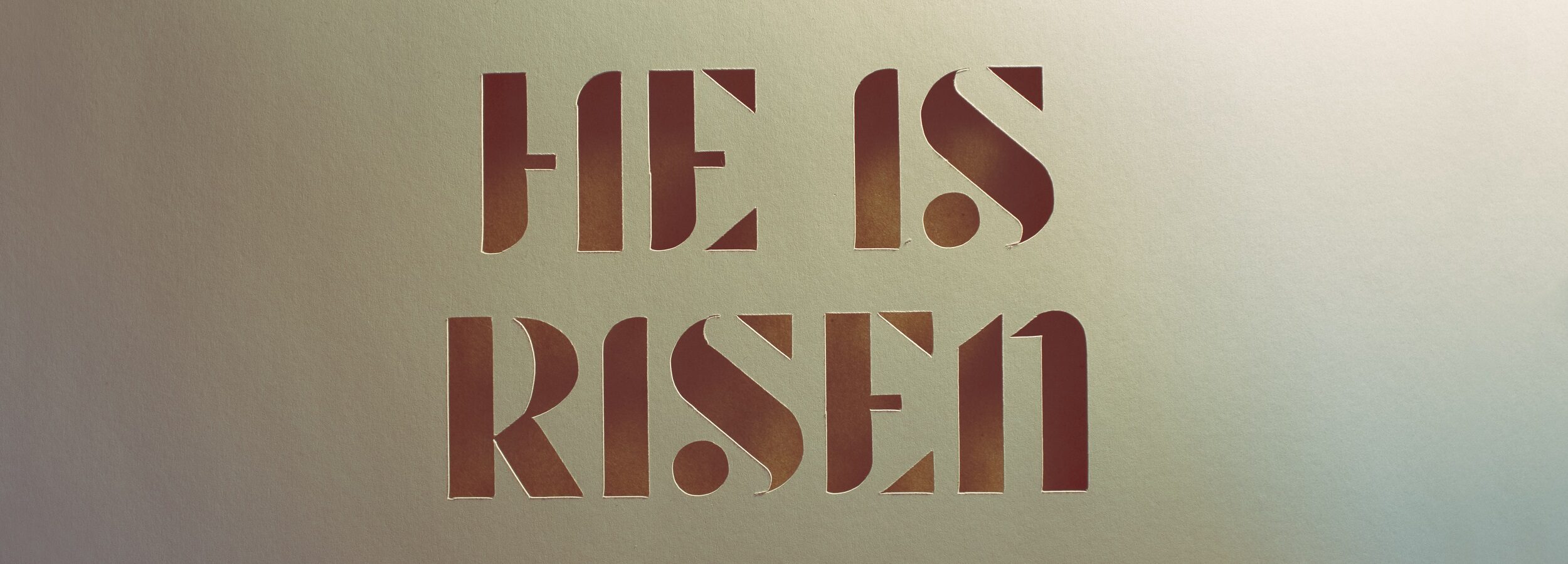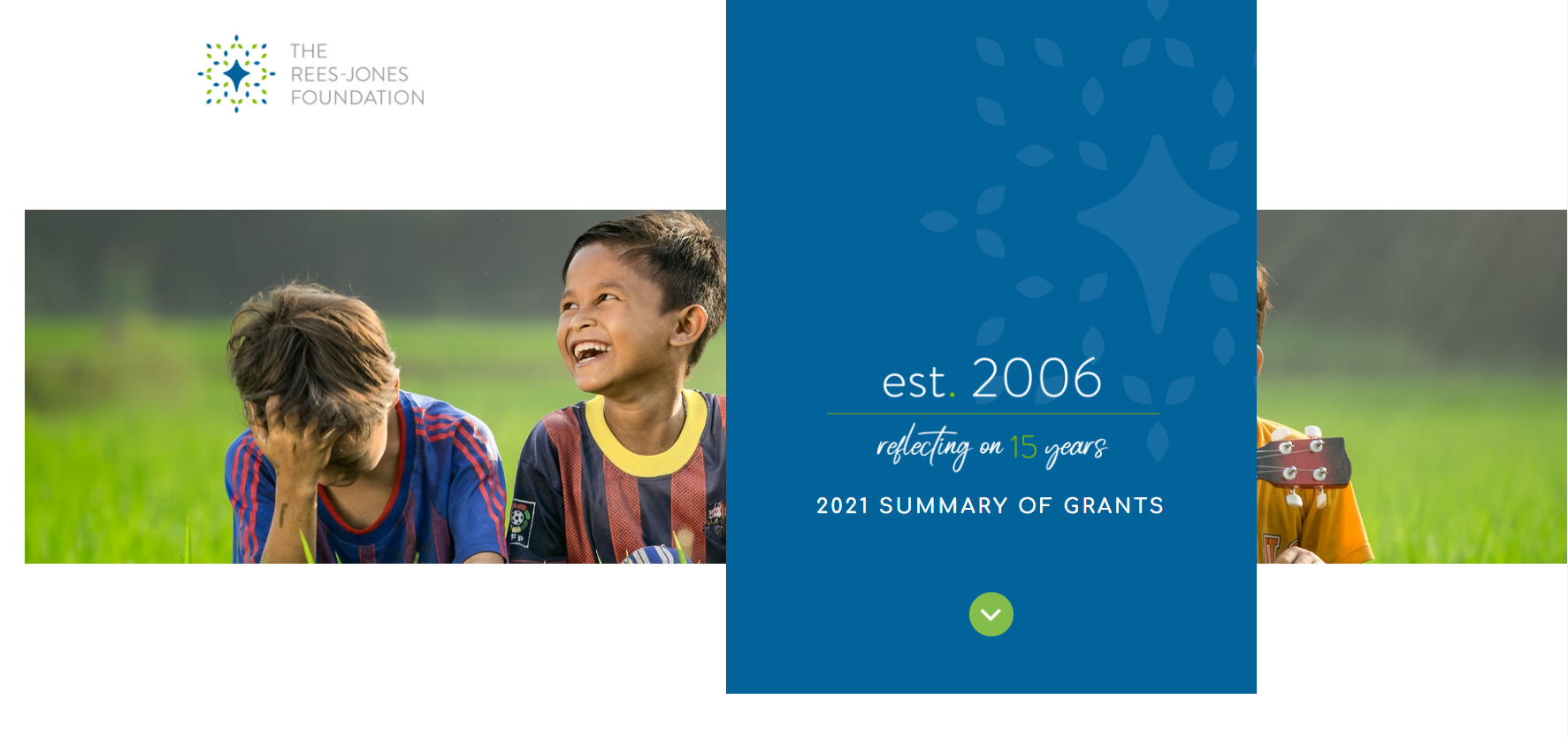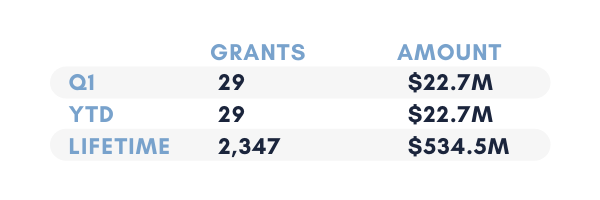FINDING FAITH IN WAITING
By Margaret Rees-Jones, Advisory Board Member
So much of our lives are spent waiting—waiting for that dream job to come along, waiting to be an empty-nester, waiting to meet the right person, waiting for a baby, waiting for a long-awaited trip, waiting for our circumstances to change, waiting for the best home to buy, waiting to graduate, waiting to feel better, waiting for that person to change, waiting for a green light. I don’t think it’s an accident that waiting is a large part of the human experience. Perhaps, waiting, is even a part of God’s design.
When we think about Easter, we often talk about the Crucifixion of Jesus and then jump straight to the moment of His Resurrection, the place where Jesus defeated and overcame sin, when His victory over death was fully realized. It’s a moment of possibility, joy, His complete and utter triumph over darkness. There’s certainly a reason we focus on the Resurrection when we think about the Gospel because its implications for our faith are huge. It’s the good news! It means that He bore all the sin and punishment that we deserved, buried it forever, and now raises us again to new life with Him if we only believe.
But, what about the other stuff, the in between, the three agonizing days where Jesus lay motionless, wrapped in cloths in the tomb? In all four gospel accounts, the writers make it very clear that there was a period of time between His death on the cross and His disappearance from the tomb. Jesus had also spoken prophetically about rising again in three days. Even those that put him to death remembered this. Matthew 27:63 says, “Sir, we have just remembered how while He was still alive, that vagabond Imposter said, ‘After three days, I will rise again.’”
Let’s take a closer look at the timeline in the gospel accounts when Jesus hung on the cross:
“And when the sixth hour (about midday) had come, there was darkness over the whole land until the ninth hour (about three o’clock). And at the ninth hour Jesus cried with a loud voice, ‘Eloi, Eloi, lama sabachthani?’—which means, ‘My God, My God, why have you forsaken Me [deserting Me and leaving Me helpless and abandoned]?’” – Mark 15:33-34
“As evening had already come, since it was the day of Preparation, that is [the day] before the Sabbath.” – Mark 15:42
“Since it was the day of Preparation, in order to prevent the bodies from hanging on the cross on the Sabbath—for that Sabbath was a very solemn and important one—the Jews requested Pilate to have the legs broken and the bodies taken away.” – John 19:31
“So there, because of the Jewish day of Preparation [and] since the tomb was nearby, they laid Jesus.” – John 19:41-42
“And when the Sabbath was past [that is after the sun had set], Mary Magdalene, and Mary [the mother] of James, and Salome purchased sweet-smelling spices, so that they might go and anoint [Jesus’ body]. And very early on the first day of the week they came to the tomb; [by then] the sun had risen.” – Mark 16:1-2
“Now Jesus, having risen [from death] early on the first day of the week, appeared first to Mary Magdalene, from who HE had driven out seven demons.” – Mark 16:9
It follows then that Jesus was crucified on Friday (Good Friday), the Sabbath took place on Saturday, and his resurrection took place on the third day, Sunday, which marks our celebration of Easter. This means that from His death on Friday to His Resurrection on Sunday, there was a time when the world waited and held its breath.
So what does God say about waiting in His Word? All over the Bible, we find stories of people who are called to wait and to take Him at His word. I think about Abraham and how God promised him descendants as numerous as the sand on the seashore, and yet, he and his wife Sarah were old in age. I can only imagine that it seemed impossible, perhaps even comical for them to finally have a child. There was no doubt a period of waiting, wondering how and when God would accomplish this. Then, God’s promise became reality, and Isaac was born.
In Lamentations 3:22-25, we are promised that our waiting isn’t futile:
“The steadfast love of the Lord never ceases; his mercies never come to an end; they are new every morning; great is your faithfulness. ‘The Lord is my portion,’ says my soul, ‘therefore I will hope in him.’ The Lord is good to those who wait for him, to the soul who seeks him.”
We are told here that we will be met with God’s goodness as we wait on Him, trusting and hoping in His love and faithfulness. It’s a moment where God allows us to walk not by sight, but by faith, placing our confidence in His character and goodness, not in our present reality. The writer of Hebrews writes about this kind of deep trust in the not yet saying, “The fundamental fact of existence is that this trust in God, this faith, is the firm foundation under everything that makes life worth living. It’s our handle on what we can’t see. The act of faith is what distinguished our ancestors, set them above the crowd” (Hebrews 11:1). It is unknown territory, and perhaps, it is in this desperate place that we learn to make the Lord “our portion”.
As I return to the passage of Jesus’ death and resurrection, I am so thankful that God, in His infinite wisdom, chose to not only include women in His account, but He also revealed their very human responses to His Resurrection. Here’s how it goes in the account of Luke when the women go to the tomb:
“And as [the women] were frightened and were bowing their faces to the ground, the men said to them, ‘Why do you look for the living among [those who are] dead? HE is not here, but has risen! Remember how He told you while He was still in Galilee: that the Son of Man must be given over into the hands of sinful men (men whose way or nature is to act in opposition to God) and be crucified and on the third day rise [from death].’ And they remembered His words.” – Luke 24:5-8
He reminds them of what He promised—that He would rise again after three days!
Afterwards, He appears to many of the disciples, who are also terrified and have a difficult time believing.
“And He said to them, ‘Why are you disturbed and troubled, and why do such doubts and questionings arise in your hearts? See My hands and My feet, that it is I Myself! Feel and handle Me and see, for a spirit does not have flesh and bones, as you see that I have.’ And when He had said this, He showed them His hands and His feet.” – Luke 24:38-40
What I love most about this account in Luke is the way that He shows up to the women and to the disciples at the end of their waiting. Notice how He tells the disciples to reach out and touch His hands and His feet. He wants them to know who He is and what He has done for them—to marvel in the fact that He is alive and that He did what He promised He would do. The waiting allowed them to receive this abundant reward of bigger faith and deeper trust in Him and His word.
I find His questions in this passage to be very appropriate. Chiefly, why are you afraid? Many times, before God has moved or shown Himself strong on my behalf in a particular area of my life, I am gripped with fear, doubt, and questioning. God knows our frame. All over His Word, He repeatedly admonishes us to not be afraid while we wait and trust in Him.
Lately, what I hear in my own heart and head during these “Saturdays” of waiting are two words: hold on! It’s a simple, gentle reminder to me that God has finished the work already, even when I can’t yet see it, and one day soon, it will be revealed. Until then, I can hold on to the ever-present, always-victorious friend I have in Jesus and take hold of the truth that God is a man of His Word.
Yes. True to His word, He is alive! Jesus is risen. He is risen, indeed!











